Technology in Human Resources: Pros and Cons
- Jan 24, 2024
- 3 min read

In the ever-evolving world of Human Resources (HR), technology plays a pivotal role in reshaping traditional practices. The integration of technology in HR processes comes with both advantages and challenges, reflecting the ongoing digital transformation within organizations. According to data collected by ZipDo, the global HR tech market is expected to reach $30 billion by 2025, showing the increasing demand for technology implementations into HR departments.
It is important for HR professionals to note and be ready to adjust to the different challenges that accompany the benefits that advancing technologies bring to Human Resources. Let’s take a look at a few of the pros and cons of technology in HR:
Benefits of HR Technology
Improved Productivity & Efficiency
Automating tedious tasks like data entry can save much needed time for HR professionals to work on other tasks that require more focus and strategy. Research shows that up to 30% of work in human resources is forecasted to become automated by 2030. By utilizing different technologies to assist with processes that use up valuable working hours, the work environment becomes more productive and efficient in the completion of necessary jobs. Consider the use of cloud-based platforms for communicating with other employees to be able to collaborate and keep everyone on the same page in little time.
Data Management
HR technology allows for centralized storage and management of data, making it easier to access, update, and analyze information. By using these technologies, employees do not need to transfer data between one another for analysis and can instead implement updates in real time with input from each worker.
Data-Driven Decision Making
Since technology in HR facilitates data analysis, HR teams are more empowered to make informed decisions based on trends, patterns, and predictive analytics. This fosters better workforce planning, employee engagement, and performance management. By examining employee data and feedback, HR professionals can pinpoint areas for improvement or additional support for their employees.
Improved Employee Experience
Over 60% of HR leaders are focused on investing in HR tech for employee engagement. Self-service portals and mobile applications enable employees to access information, submit requests, and manage their own data. Employees feel more engaged and informed with this transparency and accessibility, leading to more enhanced overall employee experience. In addition, HR technology has played a crucial role in supporting remote work, providing tools for virtual collaboration, performance management, and employee engagement in a dispersed workforce.
Challenges of HR Technology
Integration & Adaptation of New Technologies
Integrating new HR technology with existing systems can be complex, leading to compatibility issues and potential disruptions during the transition. In addition, HR professionals may require training to adapt to new technologies. Resistance to change and a lack of tech-savvy skills among staff can hinder the successful implementation of HR technology.
Cost of Technology
New technologies can be costly for organizations. Hardware and software upgrades, purchasing certain licenses, and employee technological training are some of these costs. It is crucial for organizations and their HR teams to evaluate the benefits and costs of new technologies and be sure that they align with the company’s budget and goals.
Data Security Concerns
With the usage of digital technologies comes the risk of potential threats and breaches of sensitive information. Storing sensitive employee data electronically raises concerns about data security and privacy. Organizations must consult with their IT professionals to implement robust security measures to protect against potential breaches and inform employees of the best practices to protect their data.
Bias in Algorithms
AI algorithms may inadvertently perpetuate biases present in historical data, leading to biased decision-making in areas like recruitment and performance evaluations. It is important for HR teams to educate themselves and their employees on the possibilities of bias within new technologies and take necessary steps in order to prevent it.
The integration of technology in HR brings about transformative changes, offering efficiency, data-driven insights, and enhanced employee experiences. However, organizations must navigate the challenges of bias, data security, and the integration of new technologies. As organizations continue to embrace technological advancements, a thoughtful and strategic approach to HR technology implementation will be key to reaping its full benefits.
Sources:

